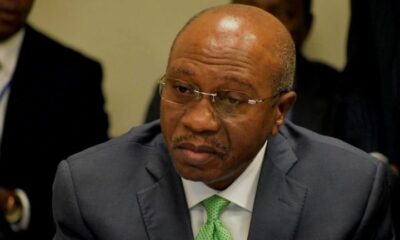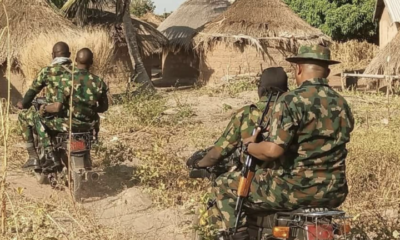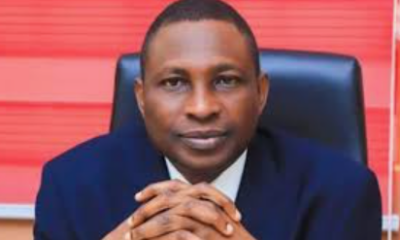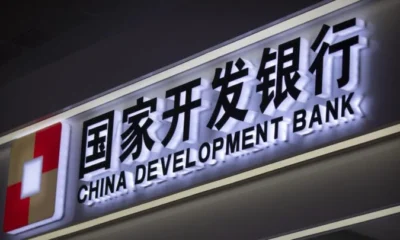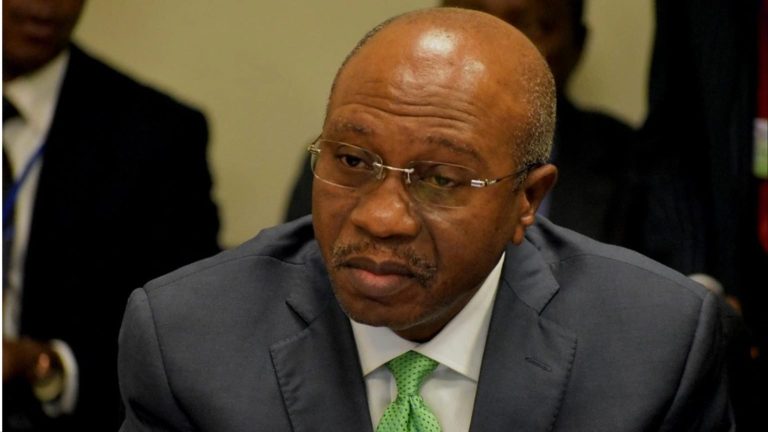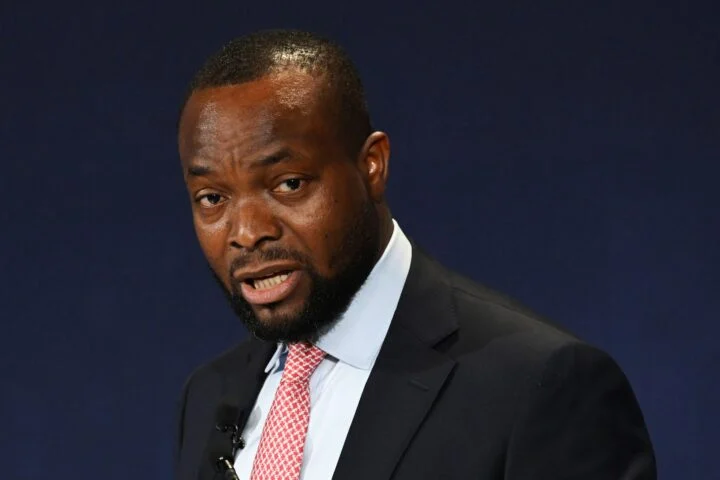Bosun Tijani, the minister of communications, innovation, and digital economy, has stated that telecoms tariffs will be increased but not by 100 percent.
Speaking at a stakeholders’ meeting on Wednesday in Abuja, Tijani emphasized the need for the telecommunications sector to establish proper regulations to ensure its growth.
Telecoms operators have recently been pressuring regulators to raise tariffs to address the declining investments in the sector.
On December 30, 2024, the Association of Licensed Telecommunications Operators of Nigeria (ALTON) warned of service shedding if tariffs remain unadjusted.
Similarly, the Association of Telecommunications Companies of Nigeria (ATCON) urged the Nigerian Communications Commission (NCC) to review call tariffs upwards by the first quarter of 2025.
At the stakeholders’ meeting, Tijani assured that the Nigerian Communications Commission (NCC) would approve and announce the new tariff following ongoing consultations and engagements.
“You have seen over the past weeks that there has been agitation from some of these companies to increase tariffs,” Tijani said.
“They are requesting for 100 per cent tariff increase.
“But it will not be by 100 per cent; the NCC will soon come up with a clear directive on how we will go about it.
“We want to strike the balance as a government, to protect our people, but also protect and ensure that these companies can continue to invest significantly.”
- FG To Take Telecoms Investment Beyond Private Sector
The minister also revealed that the federal government will no longer rely solely on private companies for infrastructure investments in the sector.
“As a country, over time, we have left these investments in the hands of the private sector. They typically invest where they can see returns in the short to medium term,” he said.
“We will not want this conversation to just be about tariff increase. What the world is talking about today is meaningful connectivity, people want to have access to quality service.
“A part of it that the consumers may not be aware of is the investment that needs to go into the infrastructure that is used to deliver these services.”
Aminu Maida, the executive vice-chairman of the NCC, stated that the meeting focused on the sustainability of the industry.
He reiterated that a 100 percent tariff increase is unlikely.
“I know that Nigerians are agitated to hear the exact percentage approved. There is still some stakeholder engagements that we are going through, but you will hear from us within a week or two,” Maida said.
The executive vice-chairman also mentioned that the NCC has introduced tools to ensure compliance with service quality.
Maida asked mobile network operators (MNOs) to use simple templates to show Nigerians charges for voice calls, SMS, and data.
“We are moving away from the regime where you will have a main rate, then you will now have a bonus which is at a different rate,” Maida said.
“It makes it often complicated and difficult for Nigerians to actually understand what they are being charged for. There is this agitation that the MNOs are stealing our data.”
Dinesh Balsingh, the chief executive officer (CEO) of Airtel Nigeria, represented by Femi Adeniran, Airtel’s media spokesperson, explained that rising operational and capital costs made the tariff adjustments necessary.
Balsingh added that the increase is intended to ensure the sector’s long-term sustainability while offering significant benefits to Nigerian consumers.

 BIG STORY4 days ago
BIG STORY4 days ago
 BIG STORY19 hours ago
BIG STORY19 hours ago
 BIG STORY3 days ago
BIG STORY3 days ago
 BIG STORY3 days ago
BIG STORY3 days ago
 BIG STORY2 days ago
BIG STORY2 days ago
 BIG STORY2 days ago
BIG STORY2 days ago
 BIG STORY3 days ago
BIG STORY3 days ago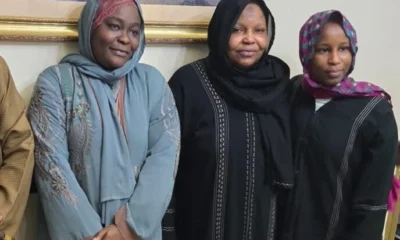
 BIG STORY3 days ago
BIG STORY3 days ago







